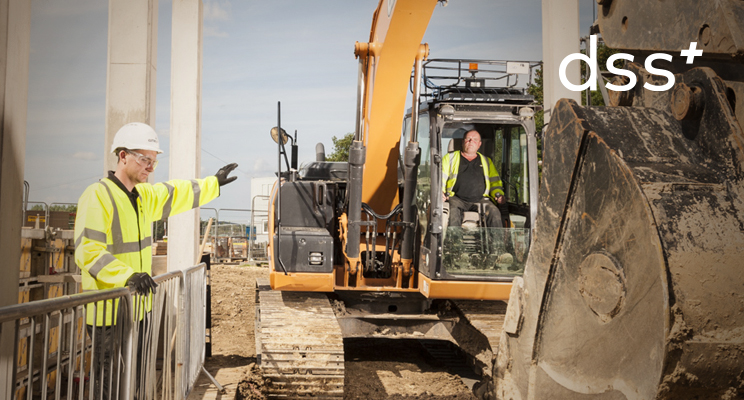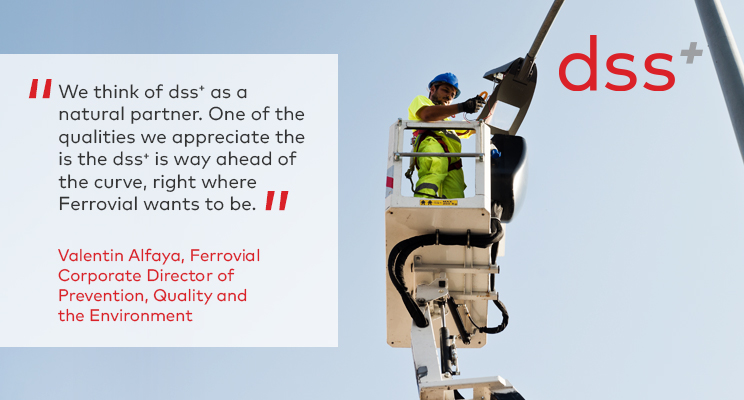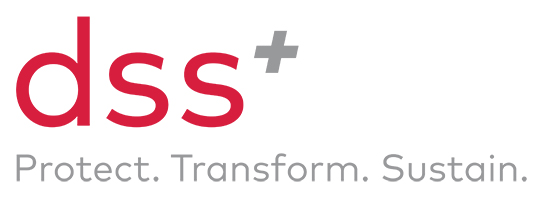SafetyLab: Driving Innovation and Safety Programmes across Ferrovial Worldwide


Advancements in technology in manual jobs in the 1990s have been linked to a decline in injuries. According to the UK government agency, Health and Safety Executive (HSE), self-reported, non-fatal injuries in the country decreased by around 50% since 2000.
In recent years, Ferrovial, a global infrastructure development group sought to create risk-free work environments with the help of new technologies like robotic solutions, wearables, drones and digital security fields. However, Ferrovial faced a common problem: how to bring pilot projects to an industrial scale so that they can have the greatest positive impact.
In 2016, Ferrovial teamed up with dss+ to develop a global safety and occupational healthcare programme for its four business units: airports, motorways, construction and services. The project was a success, reducing accidents by more than 40% before it had even reached its 2020 completion date.
As a result, Ferrovial decided to partner with dss+ again, this time to ensure that its new high-tech safety initiatives and other solutions could scale up to reach all of its employees and business units around the world.
SafetyLab: high-tech initiatives
Ferrovial developed SafetyLab in December 2018 and launched it the following February. SafetyLab functions independently as a cross-sectional corporate entity serving Ferrovial’s four business units. It employs a two-pronged strategy: first, to coordinate the innovations and developments produced by each of the four business units independently, and second, to promote the scalability of projects that have the greatest potential.
Its objectives are clear: to increase the number of safety innovation projects in line with Ferrovial’s safety and innovation strategy, link the four business units with the corporate head office and with each other, provide a global outlook, optimise decision-making, incorporate safety data provided by tech solutions, and ultimately contribute to the company’s commercial objectives.


dss+ was brought in to help Ferrovial validate the SafetyLab model with regard to innovation and efficiency applied to workplace health and safety, develop a governance model for two departments — Innovation, and Health and Safety — within each business unit, and define the criteria by which different innovation projects would be considered for inclusion into the SafetyLab pipeline.
Early Results
Ferrovial and dss+ hit the ground running, and by May 2019, had reached all the goals set for the project’s first two months. Together, they established a 20-person SafetyLab leadership team comprised of employees from each business unit, defined the SafetyLab structure and governance process, and implemented tools to identify areas of improvement and challenges faced by each business unit, including mindset and behaviour challenges. These areas focus on improving technology-based controls; researching and selecting suitable technologies; defining, prioritising and selecting potential projects that can be used to carry out proof of concept (PoC); and implementing projects.
Examples of new initiatives include a wearables project for use in construction in access control areas that are exposed to risks from and interaction with heavy machinery and the development of a bracelet capable of detecting the presence of vehicles as they approach roadwork areas.
To create a bespoke safety programme that truly meets the needs of your company, Contact dss+.
After dss+ helped infrastructure multinational Ferrovial reduce accidents across its four business units by more than 40%, Ferrovial saw dss+ as a natural partner to help roll out its new high-tech safety initiative.

